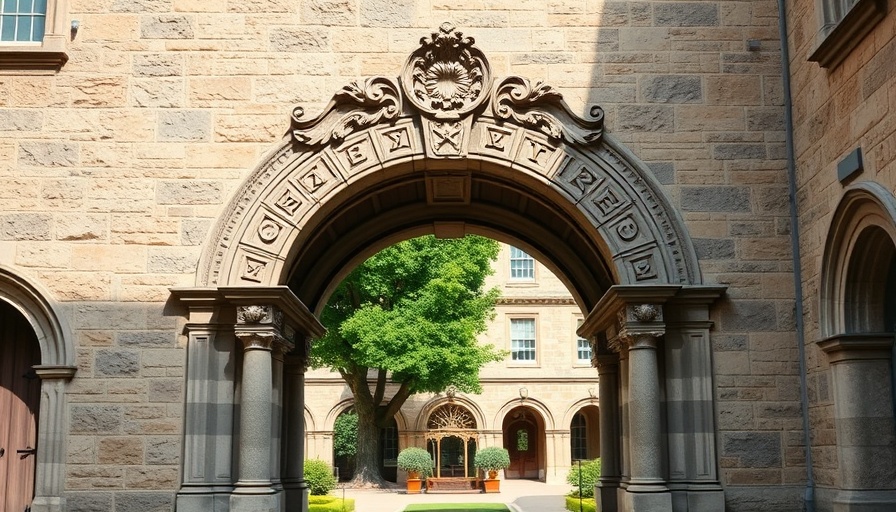
The Debate on Taxing University Endowments
In recent discussions among Republican lawmakers, a significant proposal has surfaced regarding university endowments—a topic that raises pivotal questions about fairness in taxation and the impacts on educational institutions. The Endowment Tax Fairness Act, introduced by Rep. Troy Nehls (R-TX), suggests a tax increase from the current rate of 1.4% to a monumental 21%, aligning it with the federal corporate income tax rate.
Financial Ramifications and Projections
Currently, universities with over 500 students and substantial endowments contribute around $380 million in taxes, showing a stark increase since 2021. This proposal could potentially generate a revenue windfall for the government. Based on estimated annual returns averaging between 5% to 10%, experts predict that a hike to a 21% tax rate could yield an additional $69.8 billion to $112.3 billion over the next decade.
Implications for Educational Institutions
These economic changes could drastically affect how universities allocate their financial resources. Institutions often rely on endowment income to support scholarships, faculty salaries, and various programs. An increased tax burden could force universities to reconsider their financial strategies, possibly reducing their ability to provide significant educational resources.
Multiple Viewpoints on the Issue
While proponents argue this could address wealth inequality in education funding, critics raise concerns about the potential hindrance to educational quality and accessibility. Balancing the needs of tax revenue and the financial health of universities is paramount as this debate unfolds.
 Add Row
Add Row  Add
Add 

 Add Row
Add Row  Add
Add 



Write A Comment